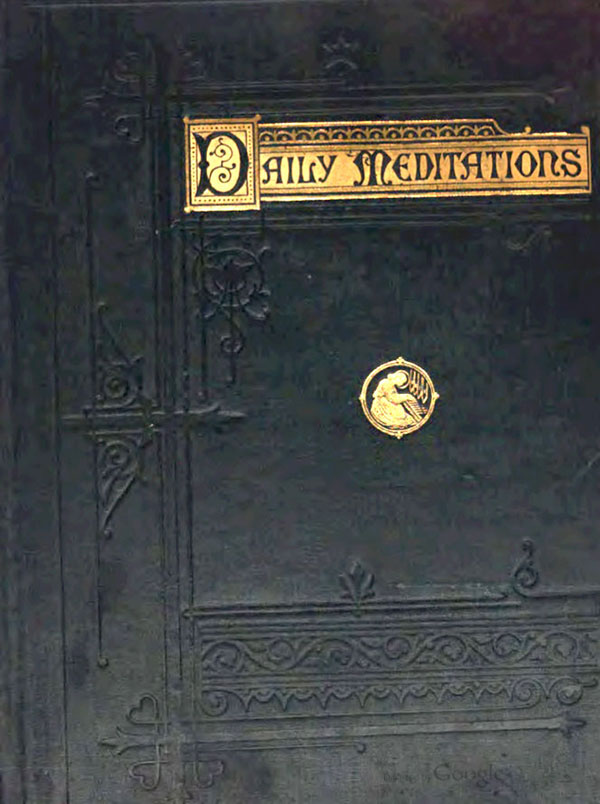Desire a heart of flesh

Cover of Bowen’s Daily Meditations
Today's Devotional
I will remove from you your heart of stone and give you a heart of flesh —Ezekiel 36:26 (NIV).
This stony heart is not what is commonly understood by a hard heart, an unfeeling heart. A person of a gentle, tender, yielding disposition may yet have what God regards as a stony heart. A heart insensible to the Word of God is what is here spoken of. The commands, the promises, the invitations, all fail to make an impression upon one with such a heart; he refuses to see his sin, his helplessness, his danger, his need, the holiness, the grace, the love of God. The mighty and countless motives of the Bible are lost upon him. He perhaps flatters himself that he has a great deal of sensibility. He weeps at a tale of distress; and the more fictitious it is, the more he weeps. He perhaps is religious, in his own and others’ estimation....
The most fearful and also the most shameful condition into which a moral being can fall, the lowest depth that he can reach, is that in which his heart becomes unable to distinguish the voice of God. Around him are ten thousand utterances; an angel would be ravished with the harmony: all the day long, in one way or another, God speaks; but he hears not.
What an expanse of promise there is in this one word, “I will give you a heart of flesh.” You will sail over it long and find no limits. All the fruit of the Spirit, all Christian graces with all their manifestations, all triumphs of faith, are comprehended in it. When this promise is verified, immediately the entire word of God puts on its appropriate power. From Genesis to Revelation, everything starts into life. In giving us the heart of flesh, God gives us everything that he has made. The heavens begin to tell us his glory, and the firmament to show us his handiwork; the lily addresses our faith, and the wind whispers of the Spirit; and we look upon all things as made by him, and for him, and for us who believe in him.
About the author and the source
While a young man, George Bowen (1816–1888) became an infidel. After eleven years feeding his mind with atheist literature, he was deeply impressed by the joy he saw in a young woman who discovered Christ on her deathbed. He prayed that God, if God existed, would show him what to do. Shortly afterward, a librarian gave him William Paley’s Evidences by mistake—he had requested another book. After reading a little, he was arrested by the power of Paley’s argument and finished the book. His arguments against Christianity crumbled and he yielded to Christ, renouncing his wealth and becoming a missionary in Bombay, where he lived in utter dependence on God.
George Bowen. Daily Meditations. Edinburgh: Edmonston and Douglas, 1873.





